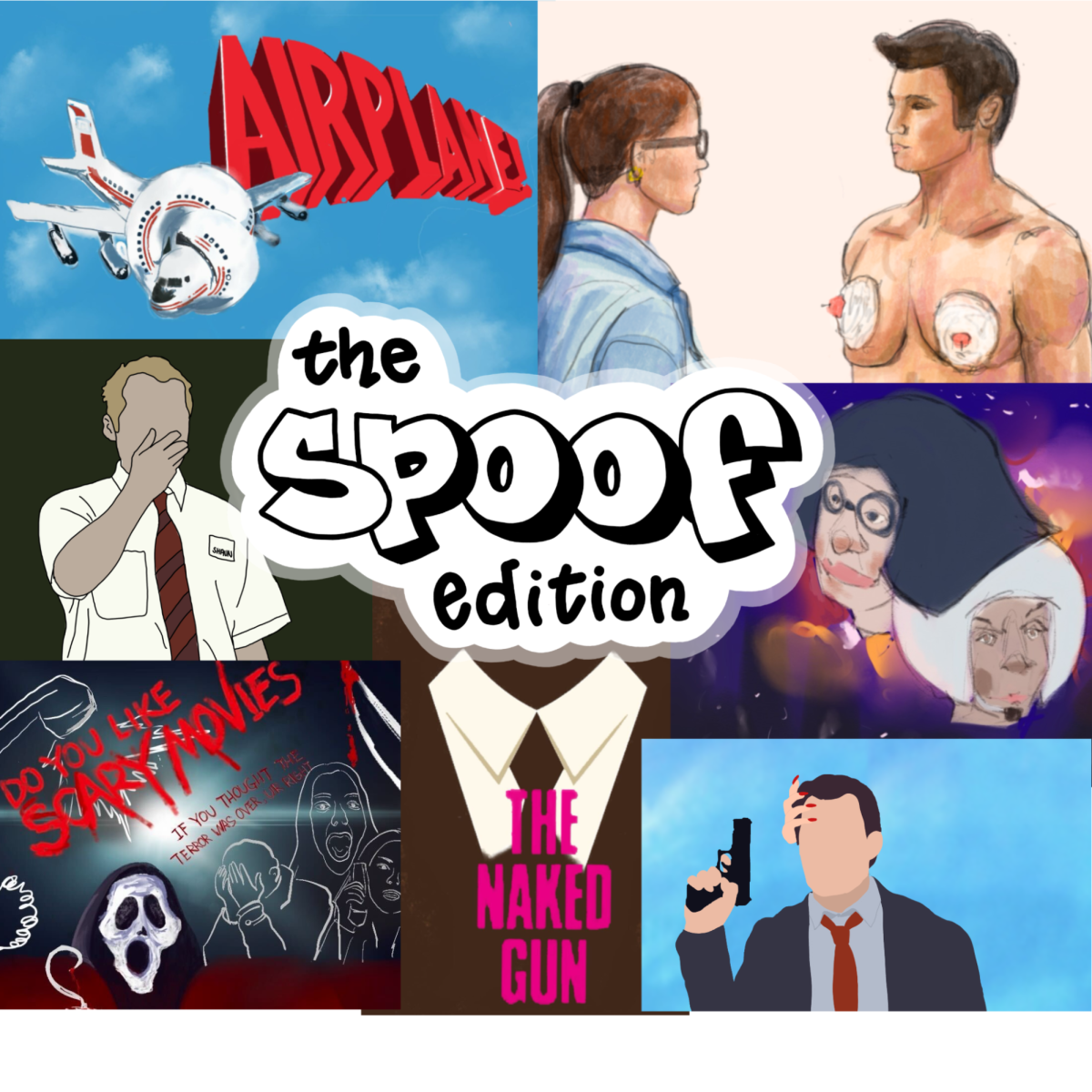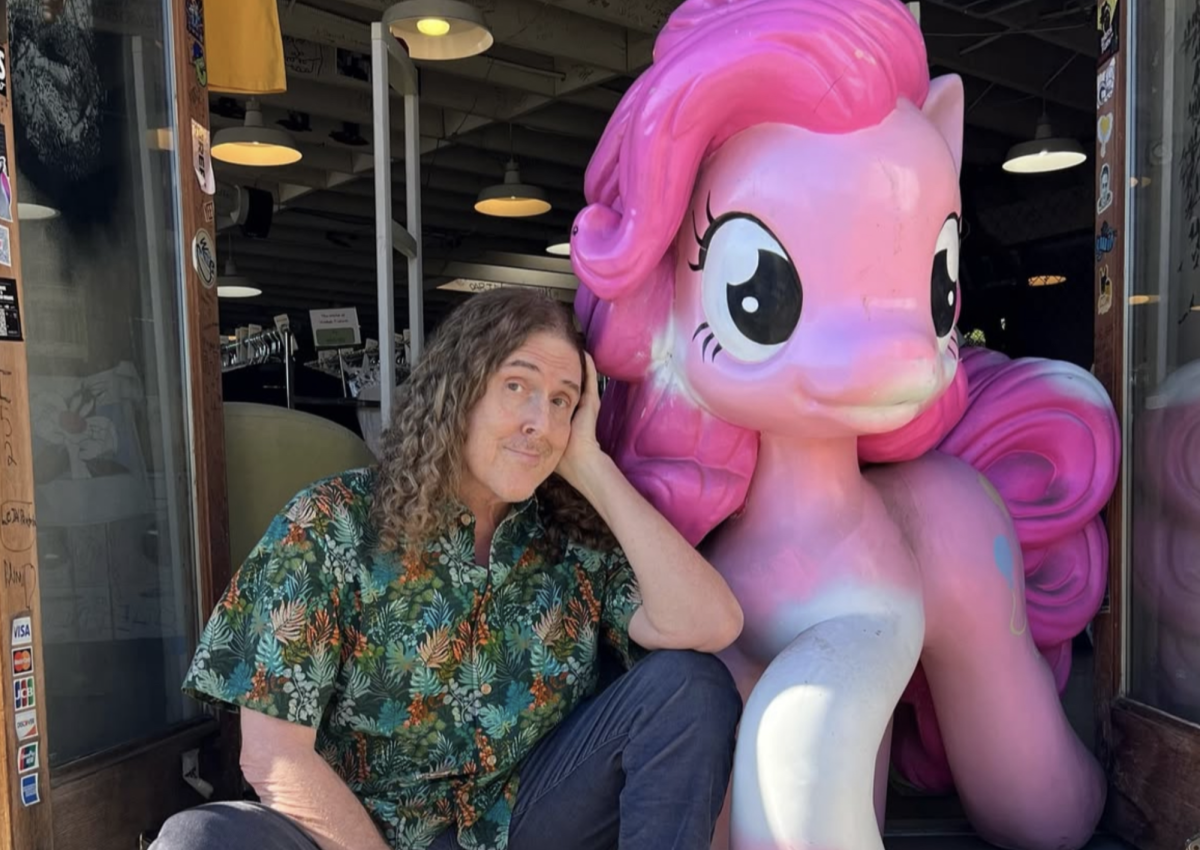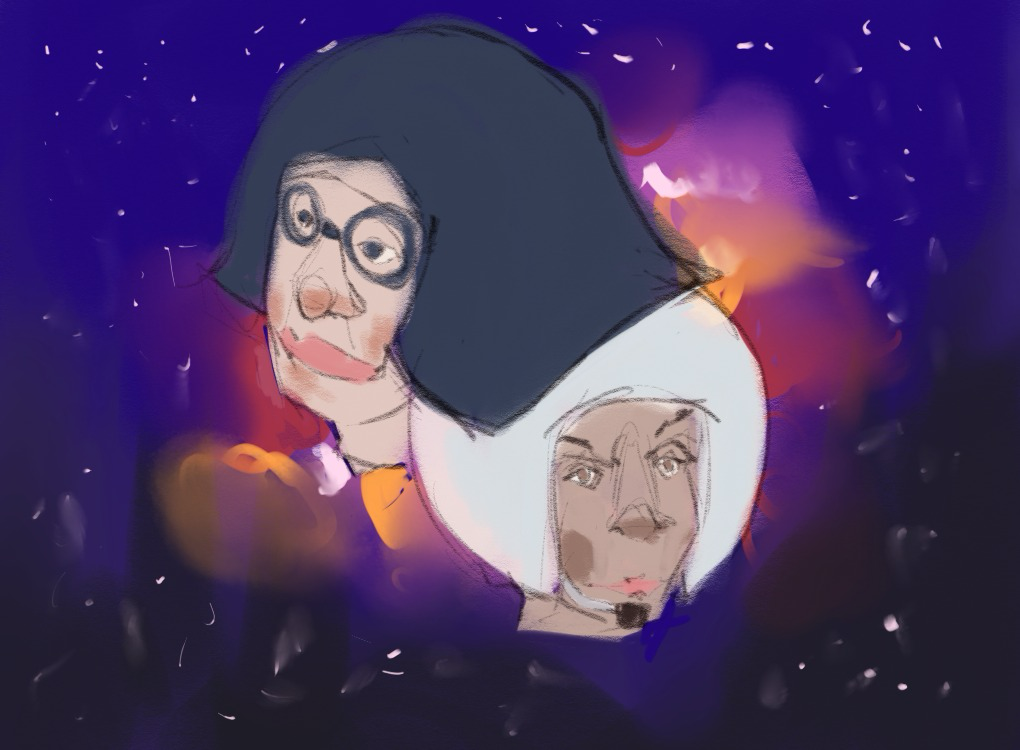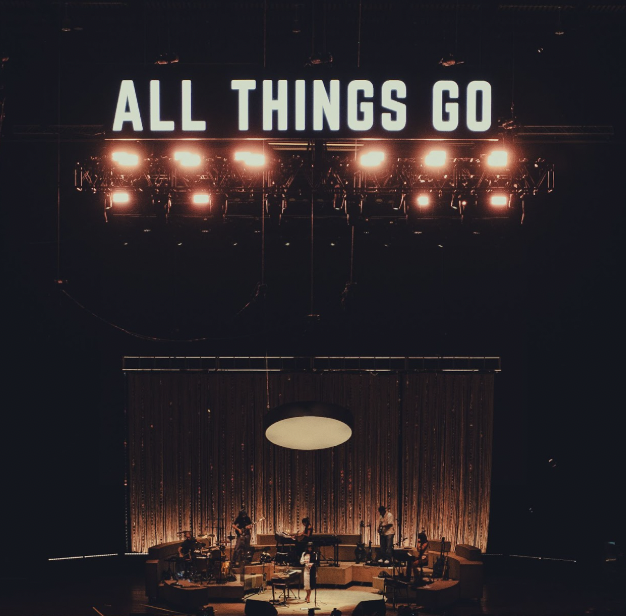
Selena Gomez has been a household name since Disney Channel’s “Wizards of Waverly Place.” Benny Blanco is somewhat less well-known, yet his impact has been just as huge, if not bigger. He is the famed producer of many of the most iconic 2010s hits, including Katy Perry’s “Teenage Dream” and “California Gurls,” Kesha’s “TiK ToK” and “We R Who We R” and countless others from superstars such as Justin Bieber and Maroon 5. Any collaboration between these two pop legends is destined to be good, right?
“I Said I Love You First” has pleasant melodies and interesting genre ventures, but it lacks the allure or power of Gomez and Blanco’s old work. Since her 2020 album “Rare,” Gomez has ventured into whisper-singer and down-tempo light pop, straying from her earlier upbeat and lively music. I may be in the minority when I say I prefer Gomez’s older pop and dance ventures, including her Disney Channel music and her solo albums “Stars Dance” and “Revival.”
This album, in comparison to her past, has an overall slow tempo. Some of the fastest songs include the Gracie Abrams duet “Call Me When You Break Up,” which is amazing melodically but is marred by a ridiculously short runtime of only 2:06. “Bluest Flame,” which is a hyper-pop track clearly inspired by Charli XCX, also has an exciting and upbeat rhythm. It is also a great sound for Gomez, as her voice works well alongside the heavy auto-tune. Beyond just these songs, there are some true moments of excellence in the album.
For example, it genre-bends pretty well, venturing into hyper-pop and Latin-pop. “I Can’t Get Enough,” originally released in 2019, is a moment of Latin-pop that works amazingly well, featuring J Balvin, Tainy and Blanco. “Ojos Tristes,” another Latin-pop endeavor, is slower but very sultry and enticing.
The biggest pitfall of the album, in my opinion, is a singular track: “Sunset Blvd,” in which Gomez tries to be subtle and cheekily sexual, but the innuendo is so obvious that it ultimately comes off as distracting. Its lyrics feel almost like a Katy Perry hit, and it could seriously benefit from some louder production and early 2010s pop star sensibilities. The song’s themes, lyrics and sound represent many of the biggest issues on “I Said I Love You First,” including, but not limited to, the odd choice of topics that the album covers.
Gomez’s intention for this album to be more introspective is clear. The work builds on the narrative of her and Blanco’s relationship, documenting all the steps in a linear format. It is heartwarming to hear about, and the writing is clever. It is a little confusing, though, as many tracks have Gomez reflecting on past relationships, muddling the timeline and themes.
One of the most glaring examples is the song “You Said You Were Sorry,” which seems like it might be about Justin Bieber, based on a surface-level analysis of the lyrics. Another confusing track, “Don’t Take it Personally,” features Gomez talking about her and Blanco’s relationship with an ex-lover. The album could benefit from some more straight-up love songs about the pair, diverging from the simply sexual tracks such as “Cowboy” or “Sunset Blvd,” and the overly comparative like “How Does It Feel to be Forgotten.”
There are some confusing creative choices as well, only some of which are successful. The decision to start the album with the title track, which is a voice memo of a young Gomez’s speech to the cast and crew of “Wizards” after the finale back in 2012, is a perfect example. While it is sweet and nostalgic when you understand the context, the inclusion is a little odd: How does this relate to her and Blanco’s love story? Even more confusing is the interlude “Do You Wanna Be Perfect,” which brings up some political commentary on beauty standards. It is a sweet moment between Blanco and Gomez as they pass the mic back and forth, but it does not quite fit in the album.
The album, while adventurous, still seems basic and easily forgotten. On a re-listen, I could see myself growing to love some of the individual tracks. “Don’t Wanna Cry” and “Bluest Flame” both have made their way onto my personal playlist. However, I doubt I am the target audience for this record. I love the bombastic, cheesy pop production that has gone out of style with the venturing into whisper-pop led by FINNEAS, a co-writer on many of these songs, and Billie Eilish. I see the appeal, but I do miss Gomez’s dance-pop era and wish she returned to it more on this project.
While it is not for me, I am excited to see Gomez and Blanco continue to explore the sounds they tried on this album, particularly hyper-pop. Some of the slower songs may fall through the cracks in today’s modern landscape, as they are not very memorable or special. While it is an enjoyable listening experience with some interesting risks, the album ultimately does not strike a chord among Gomez’s other works.













